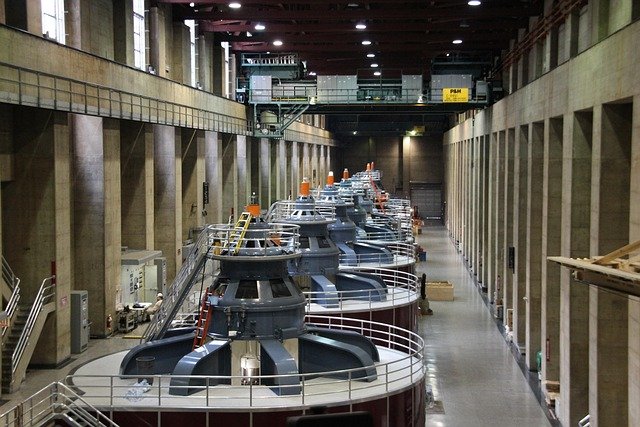Industrial Heat Pumps: A Comprehensive Guide to Large-Scale Heating Solutions
Industrial heat pumps represent a transformative technology in modern manufacturing and district heating, offering energy-efficient solutions for large-scale thermal processes. These sophisticated systems can generate high-temperature heat while significantly reducing carbon emissions and operational costs compared to traditional heating methods.

What Are Industrial Heat Pumps and How Do They Work?
Industrial heat pumps operate on the same fundamental principles as residential units but at a much larger scale. They extract heat from various sources (air, water, or ground) and upgrade it to higher temperatures suitable for industrial processes. These systems can deliver temperatures up to 160°C, making them viable for numerous manufacturing applications, from food processing to chemical production.
Why Are High-Temperature Industrial Heat Pumps Growing in Popularity?
The increasing adoption of high-temperature industrial heat pumps stems from their exceptional efficiency and environmental benefits. These systems can achieve coefficient of performance (COP) values of 3-5, meaning they produce 3-5 units of heat energy for every unit of electrical energy consumed. This efficiency translates to significant cost savings and reduced carbon emissions compared to fossil fuel-based heating systems.
What Applications Benefit Most from Large-Scale Heat Pumps?
Large-scale heat pumps excel in various industrial applications, including:
-
District heating networks
-
Food and beverage processing
-
Chemical manufacturing
-
Textile production
-
Paper and pulp industry
-
Industrial drying processes
-
Space heating in large facilities
Which Features Define Modern Industrial Air Source Heat Pumps?
Contemporary industrial air source heat pumps incorporate advanced features such as:
-
Variable speed compressors for optimal efficiency
-
Smart controls and remote monitoring capabilities
-
Cascade systems for achieving higher temperatures
-
Heat recovery systems
-
Integration with existing industrial processes
-
Robust construction for continuous operation
What Are the Key Considerations for District Heating Projects?
District heating projects require careful planning and consideration of several factors:
-
Heat demand analysis and load profiling
-
Available heat sources and their temperature levels
-
Distribution network design
-
Integration with existing infrastructure
-
Redundancy and backup systems
-
Environmental impact assessment
-
Economic viability studies
Leading Industrial Heat Pump Manufacturers and Solutions
| Manufacturer | Temperature Range | Key Applications |
|---|---|---|
| Mayekawa | Up to 120°C | Food Processing |
| Viessmann | Up to 90°C | District Heating |
| Johnson Controls | Up to 85°C | Industrial Processes |
| Oilon | Up to 120°C | Chemical Industry |
| Star Refrigeration | Up to 95°C | Large-Scale Heating |
Prices, rates, or cost estimates mentioned in this article are based on the latest available information but may change over time. Independent research is advised before making financial decisions.
Industrial heat pumps continue to evolve with technological advancements, offering increasingly efficient and sustainable solutions for large-scale heating needs. As energy costs rise and environmental regulations tighten, these systems provide a viable path toward decarbonizing industrial processes while maintaining operational efficiency.




